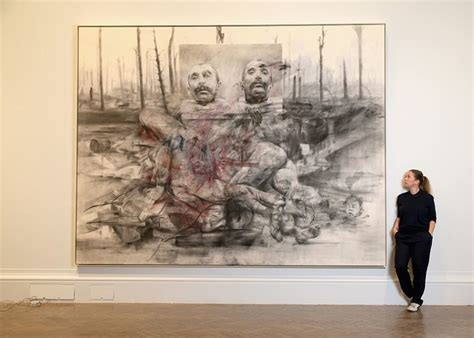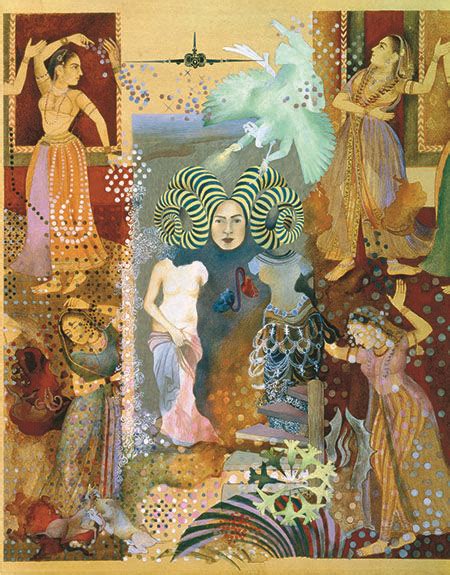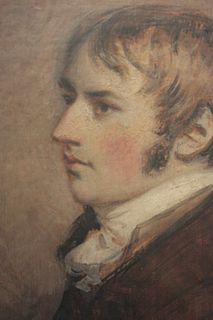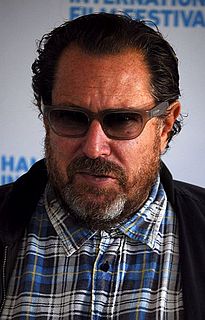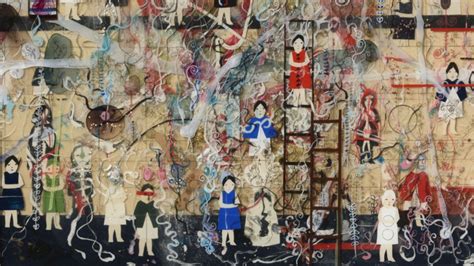A Quote by Laura Owens
I feel like what's most important for painting - which has been hierarchically on the top for a really long time in terms of what is considered fine art, by comparison with something like a comic book or what's considered low art - is that painting should open up laterally to include other cultures and things that don't immediately resonate as a painting but are obviously of equal contribution to the genre.
Related Quotes
I think a good painting or a good work of art does many things it wants, I mean, maybe 15 or 20 or 100. One of the things a painting does is to make the room look better. It improves the wall that it's on. Which is much harder than it looks. And that's a good thing. And if one engages with a painting on that level, that's fine, that's great. After some time, familiarity, the other things that a painting does, the other layers, they just start to make themselves felt.
I'm not anti conceptual art. I don't think painting must be revived, exactly. Art reflects life, and our lives are full of algorithms, so a lot of people are going to want to make art that's like an algorithm. But my language is painting, and painting is the opposite of that. There's something primal about it. It's innate, the need to make marks. That's why, when you're a child, you scribble.
In fine arts, when you make a painting, it's just a painting. But if you make a painting in the entertainment industry, it can be an album cover or a t-shirt or a logo. I like that entertainment has this usefulness - that it's ultimately trying to make a bunch of people feel something, and to think about life and be able to use things that were so simple and direct but potentially have a really powerful effect.
[Comics is] one of the last havens for honesty when it comes to a reader's genuine response to art. Most of us, if we don't find any sympathy or pleasure, for example, in a modern painting, are likely to blame our own ignorance of the history and theory of painting. But nobody pretends to like a bad comic strip. Such harshness is necessary for any real truth to surface, I think, and for art to really contribute anything to life. Though I don't know. I could be wrong.


